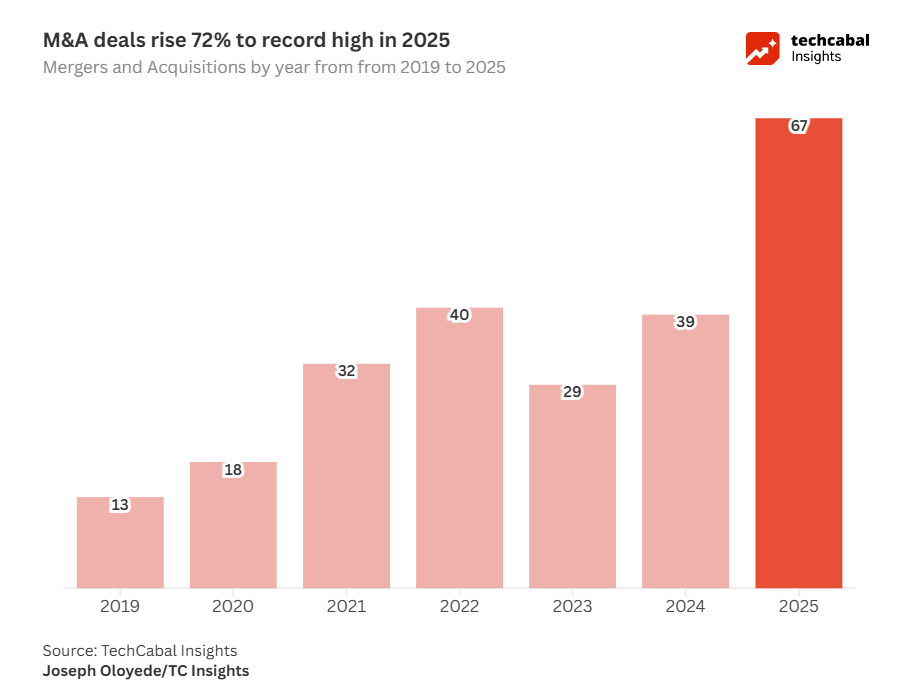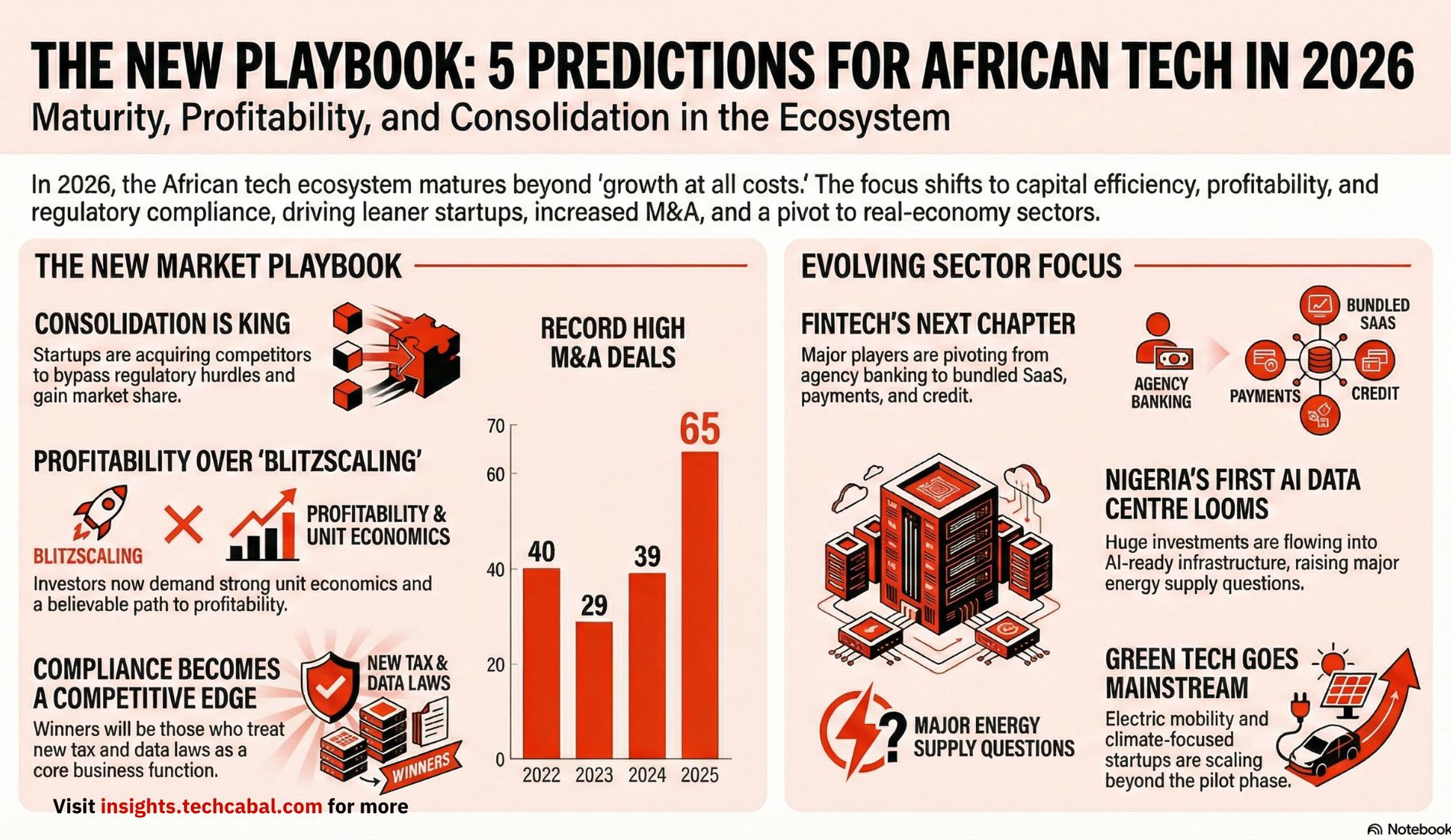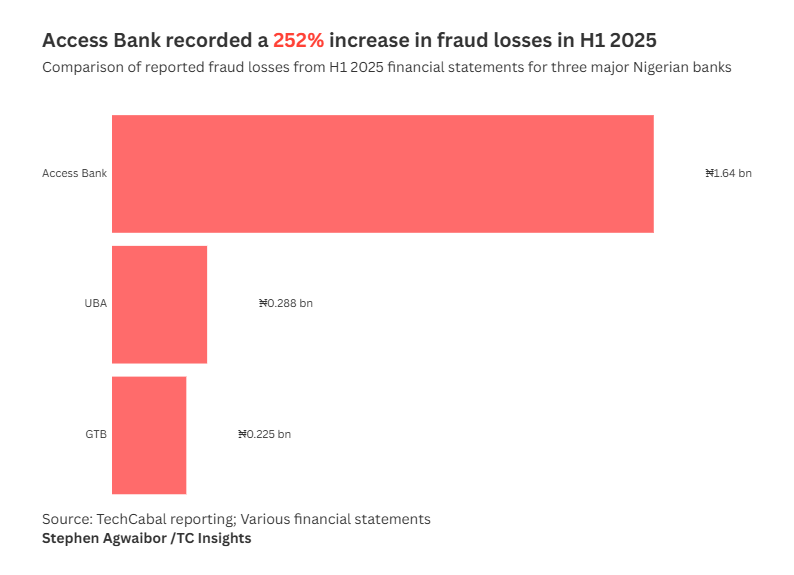
[AI for Africa / DALL-E]
The use case for artificial intelligence (AI) is self-evident. In industries such as telecoms, it helps understand consumer behaviour and informs strategies to increase product consumption. It has also been widespread in precision agriculture, education, and the media, among other fields. However, as this article notes, a dearth of infrastructure and limited computer science expertise mean research into AI on the continent remains very low. Between 2019 and 2023, none of the outputs from the 200 leading institutions in the Nature Index journals focusing on AI were from Africa.
As part of the Moonshot Conversations, TechCabal Insights, in partnership with The Rundown, brought together thought leaders and innovators to explore the vital intersection of AI and African development. Titled “Bridging the Gap: Building AI Models with African Data,” the panel looked into the opportunities, challenges, and prospects of AI tailored to the continent’s unique needs.
Moderated by Timi Odueso, Senior Editor at Tech Cabal, the discussion featured Zain Verjee, co-founder of The Rundown; Clinton Odour, machine learning engineer and head of data science at Amini; and Megan Yates, founder of Zindi, Africa’s largest data science competition platform. Among the important issues highlighted were:
- Data Sovereignty and Localisation: Zain Verjee emphasised the criticality of data sovereignty for Africa, likening data to gold and cobalt in its potential to influence power dynamics. “By selling our data, we risk exploitation and losing control of our destiny,” she warned, advocating for national policies prioritising local data retention and regulation.
- Building for Local Contexts: Megan Yates highlighted the importance of developing AI solutions grounded in African realities. She noted how Zindi showcases local talent and fosters solutions that leverage African data to solve African problems. “The narrative that external solutions are superior must change,” she said, stressing the value of local expertise and context.
- Data Collection Challenges: Clinton Odour underlined the barriers to data collection, from infrastructure issues to biases in imported datasets. He described Amini’s efforts to empower smallholder farmers using environmental data to access financial services, stating that such initiatives could transform sectors like agriculture.
- Ethics and Inclusivity: The panellists agreed on the need for ethical frameworks for data use. Yates and Odour advocated for transparency and education to ensure that data collection is fair, inclusive, and beneficial to all stakeholders.
- Future of AI on the Continent: The panellists were optimistic about a future where African innovators collaborate to address infrastructural and regulatory challenges. They called for more grassroots efforts, community engagement, and a push for localised small language models to democratise AI access.
[For data requests or research services, reach out to TC Insights via this link]
While acknowledging the infrastructural deficit, Africa possesses the talent, creativity, and ambition to play an active role in AI innovation. However, collaboration across academia, government, and the private sector is critical to unlocking this potential. As Yates concluded, “We don’t want to realize the problems when it’s too late. Now is the time to act.”
Click here to watch the complete session, allowing you to dive deeper into these discussions and gain insights from the full panel.









